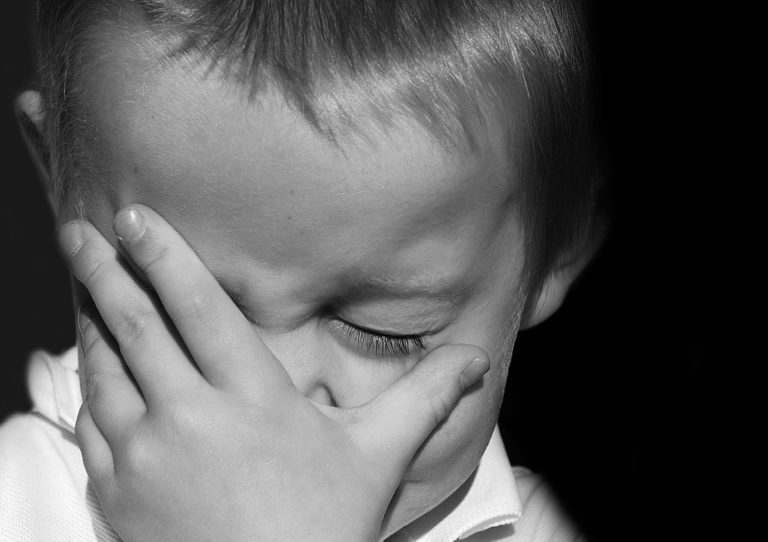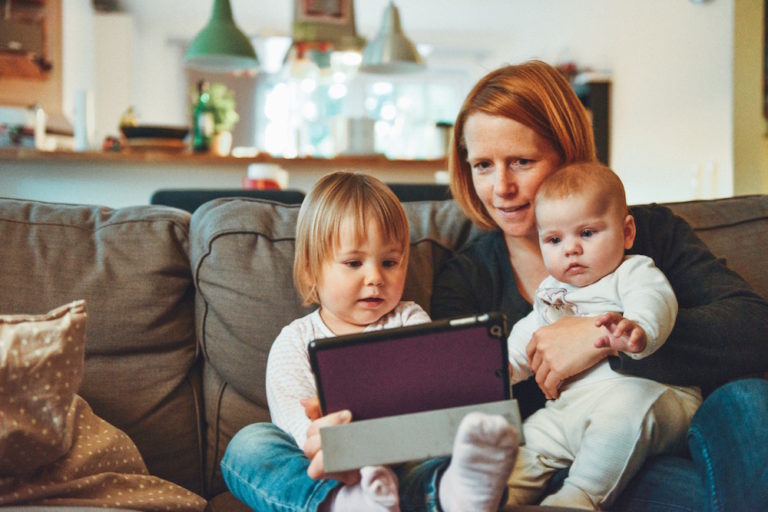
Pediatric Acupuncture: Dealing with Digestive Issues and Abdominal Pain
Pediatric acupuncture isn’t as well-known or widely explored as acupuncture for adults. However, acupuncture for children can be extremely helpful, especially in cases where children are unable to take necessary medications for any reason. You may have some






